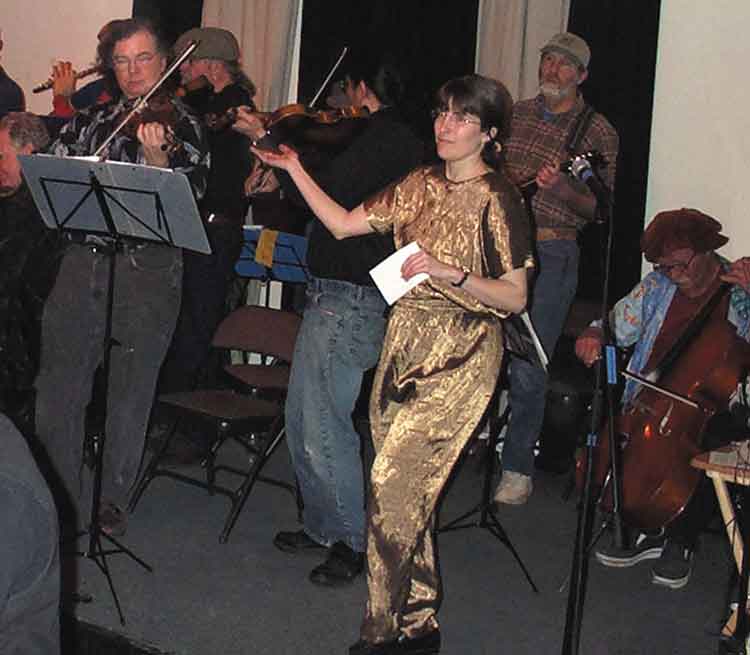
Originally Posted by
Ranald

That's the big question isn't it? Scholars have used up a lot of paper and breath on that subject. Essentially, we're talking about music or other forms of cultural expression passed down orally, aurally, or visually through particular groups with shared commonalities. However, folklore (or "traditional culture") has elements of conservatism and dynamism as you suggest. Traditions do change, but can be remarkably conservative as well. As an example, there are oral stories and jokes that have retained their essence for hundreds and even thousands of years. New traditions are being invented as well (e.g., workplace or university legends and pranks), but they're not "traditional" until they're being spread around by informal processes. Musical tradition is now complicated by modern media technology. We know the authors of many folk songs and tunes: Burns wrote "Annie Laurie," "Peter Milne composed "John MacNeil's Reel," a.k.a, "Big John MacNeil." But if you hear me singing "Me and Bobbie McGee," which has clearly become a folk song, you can now go to YouTube and hear Kris's original or Janis's version, then learn it from that source, rather than from hearing me, and attempting to remember my version. This leads to far less variation in lyrics and tune than in past centuries.
In the late 1990's, most of my students in Newfoundland thought that "Danny Boy" was brought over from Ireland by their ancestors. Well, Danny Boy is a song, written by English songwriter Frederic Weatherly in 1913, and set to a traditional Irish melody, then brought to Newfoundland (likely through John McCormack's recordings, performances, and sheet music) well after the major waves of Irish immigration. Still, in Newfoundland and most of North America, Danny Boy is now a traditional "Irish" song, passed on orally, definitely a folk song. As well, many students believed that their ancestors brought with them Irish music played in an ensemble style, with every musician doing solos -- a style created in Ireland in the 1950's and 60's. However, though this style was not the traditional music of their older ancestors, it was the traditional music of many of my students, who were raised in homes where their parents and neighbours, perhaps even grandparents, participated in sessions of this style, while passing the music on to their children. i personally have an affinity to many older styles of folk music, played by nonprofessional musicians, but understand that "folk" or "traditional music" doesn't necessarily mean extremely old or amateur music. In truth, I have little idea what the music of my ancestors sounded like before sound recording was invented in the late 19th century. Even then, no one was recording Cape Breton and Prince Edward Island folk music. In summary, I can't give you any exact boundaries between traditional and other music, though my intuitive response is that the music of Boldwood sounds far more traditional than the music of Tom Kitching, posted above. Clear as mud, eh?







 Reply With Quote
Reply With Quote











Bookmarks